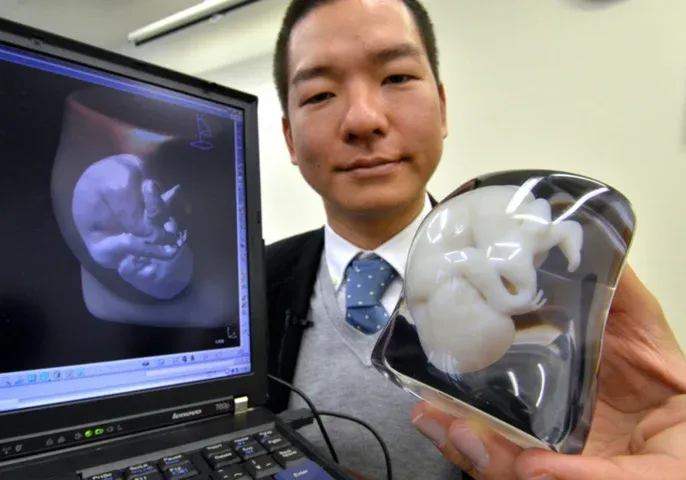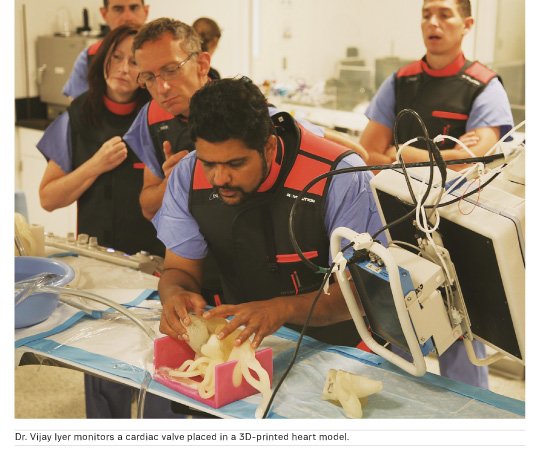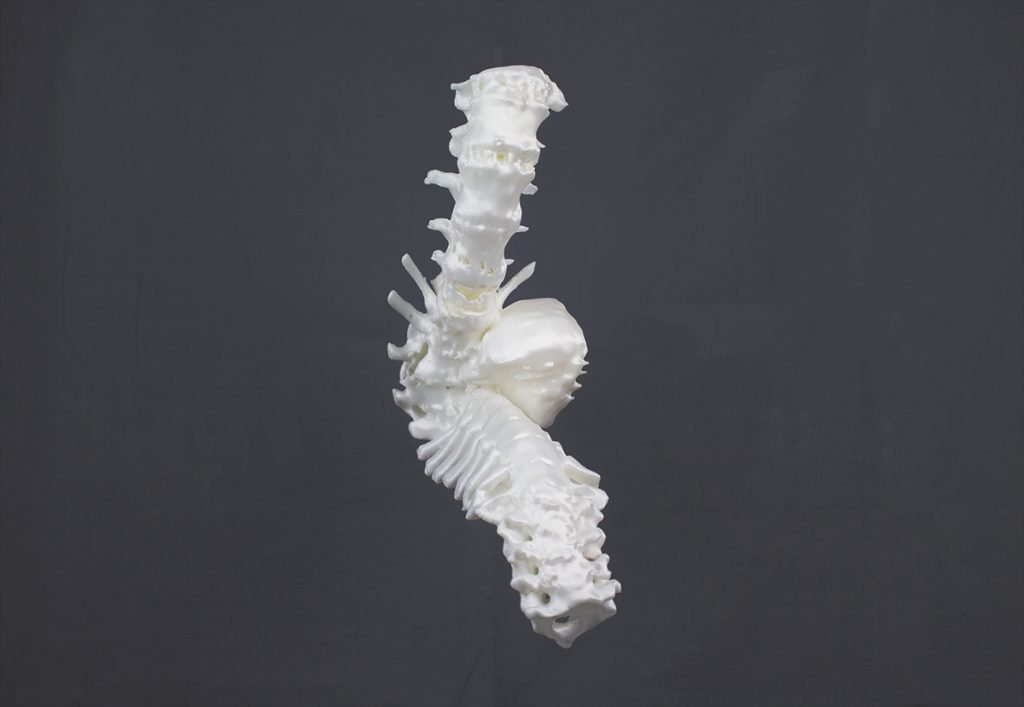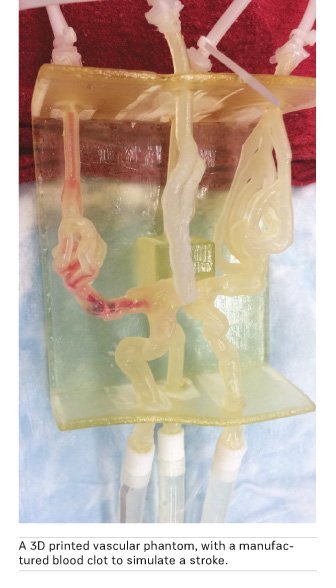Among the technologies that are thriving 3D printing or additive manufacturers is one that is very impressive. It has so many functions in different industries and it has shown great importance in the medical field and in the pharmaceutical field.
What is 3D Printing?
3D printing or three dimensional printing is a method of additive manufacturing of objects by fusing materials such a plastic, metal, ceramic, powder, liquid and living cells to produce objects in 3D, layer by layer.
3D printing technology was developed in the 1980s, it involves the taking of object blueprints and printing the object in successive layer, creating the object by adding all parts in layers. 3D additive printing in the medical field is going to be worth $3 billion in 2025 and this technology has become productive in the medical field for the creation of surgical tools, Organoids, tissues and other medical tools. 3D printing has brought great innovation and achievement to the medical field.

Why 3D is Useful in the Medical field
Creation of Organoids for Practices
3D printing has improved the medical field as it has played an important role in training medical practitioners especially surgeons. Having tangible 3-dimentional model of a patient’s anatomy with the creation of organoids, practicing surgeons can perform test experiments as well as make researches. With the use of 3D, surgeons can try a particular approach or device on the organoids with no fear about the loss of life of the patients.
The use of 3D created organoids for surgical test helps to identify complications in operations in areas like birth, spinal repair, heart and other organ transplant and fix them before the main surgery.

Printing of Biological Tissue and organs and other body parts.
With so much improvement on 3D printing, it has shown that 3D printing technology can be used to print blood vessels, tissues, and organs in the human body so as to help with transplant. With the use of 3D printing, there have been success in recreating body parts from teeth, ears and other body part.

Creation of Medical and pharmaceutical Devices
Unlike buying expensive medical tools and devices, with metal 3D printing, most surgical tools can be printed. It has enabled the creation of less expensive sterile devices and tools such as forceps, hemostats, scalpel handle and clamp. The use of 3D printing has helped in making very objects which can be used to operate tiny areas in the body without damaging the part being operated upon. Also, with the use of a 3D machine in the medical field, creation of custom made prosthetic limbs to fit amputee patients at a lower price and at a quicker time.

3D printed Pills
With the help of 3D printing, pharmacologist have been able to produce simple 3D printed pills that houses multiple drugs at once and at different release time. An example is “polypill” a 3D printed pill which has been tested for diabetic patients. It helps reduce the intake of multiple drugs at once. This is cost effective and it eliminates the monitoring of drug intake with different schedules.

In Conclusion
3D printing is causing a lot of growth the health industry especially the medical field at an impressive rate. Doctors, Surgeons, Pharmacist and other medical practitioners can now work better and easier on patient also 3D printing has enabled patient with the need of supportive aids to get it at a cheaper, faster and easier way with custom fits. Improvement to 3D printing as well as other forms of printing in the medical field will mean ease to the profession and increasing success in daily activities.
Author By @gbenga


